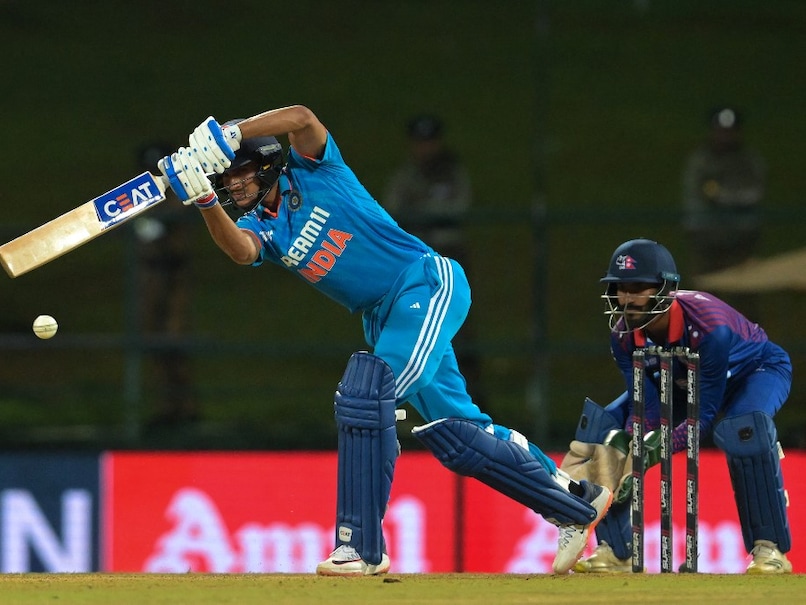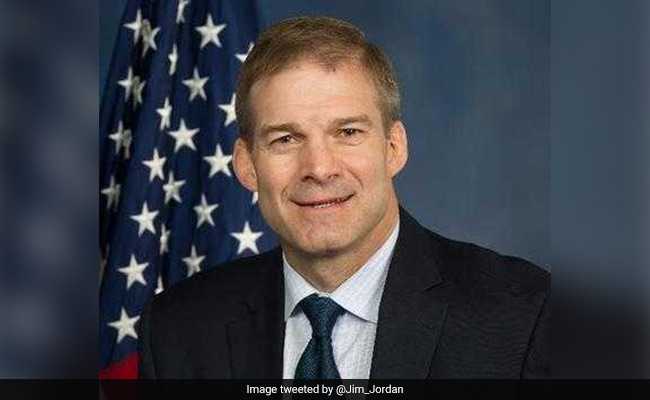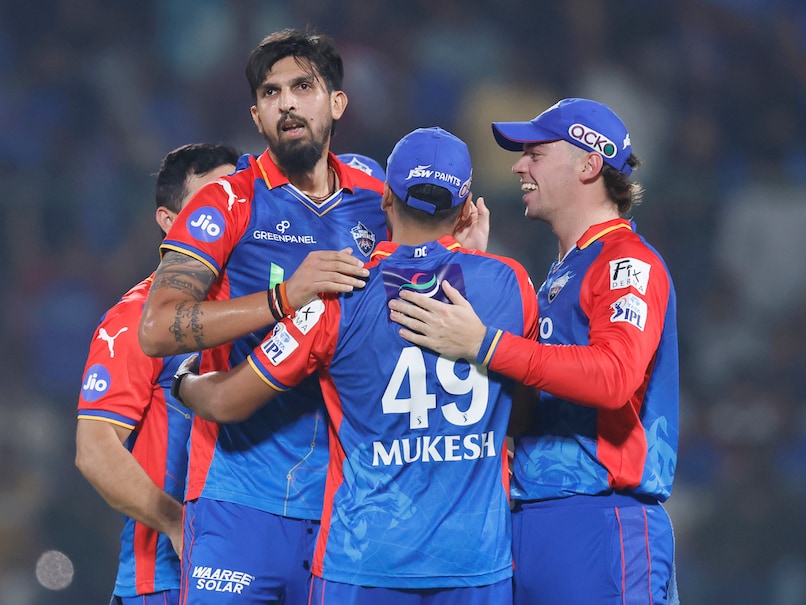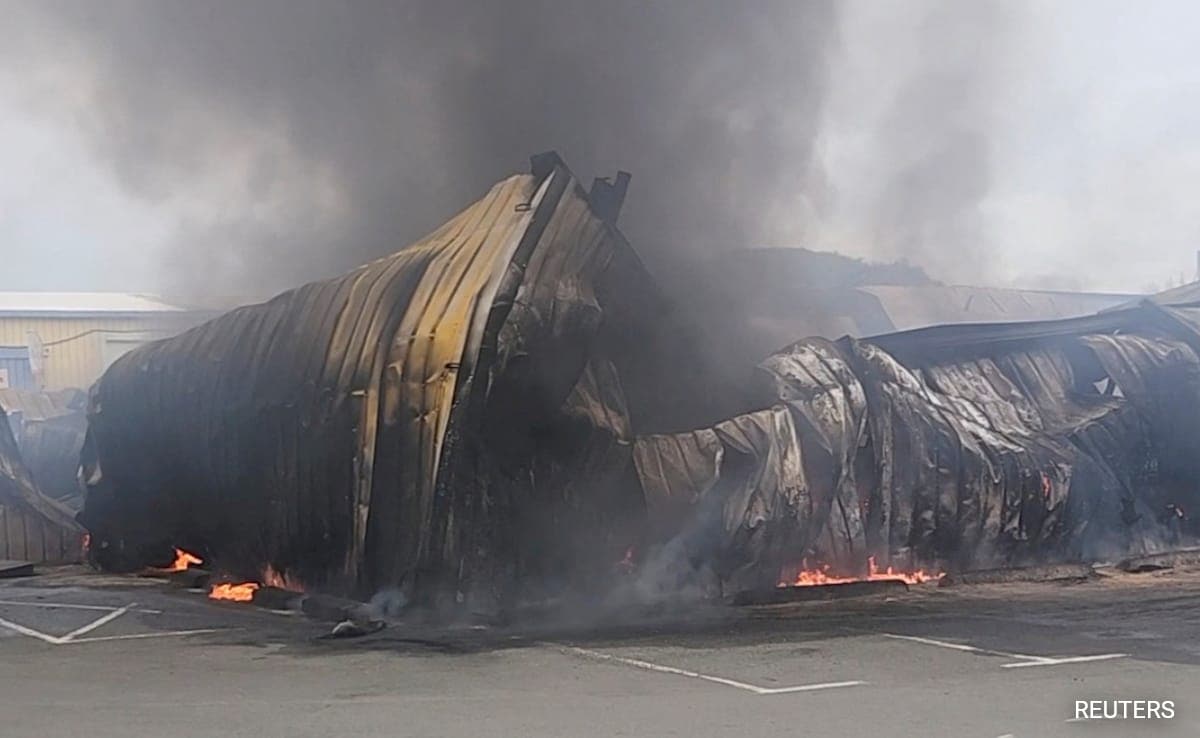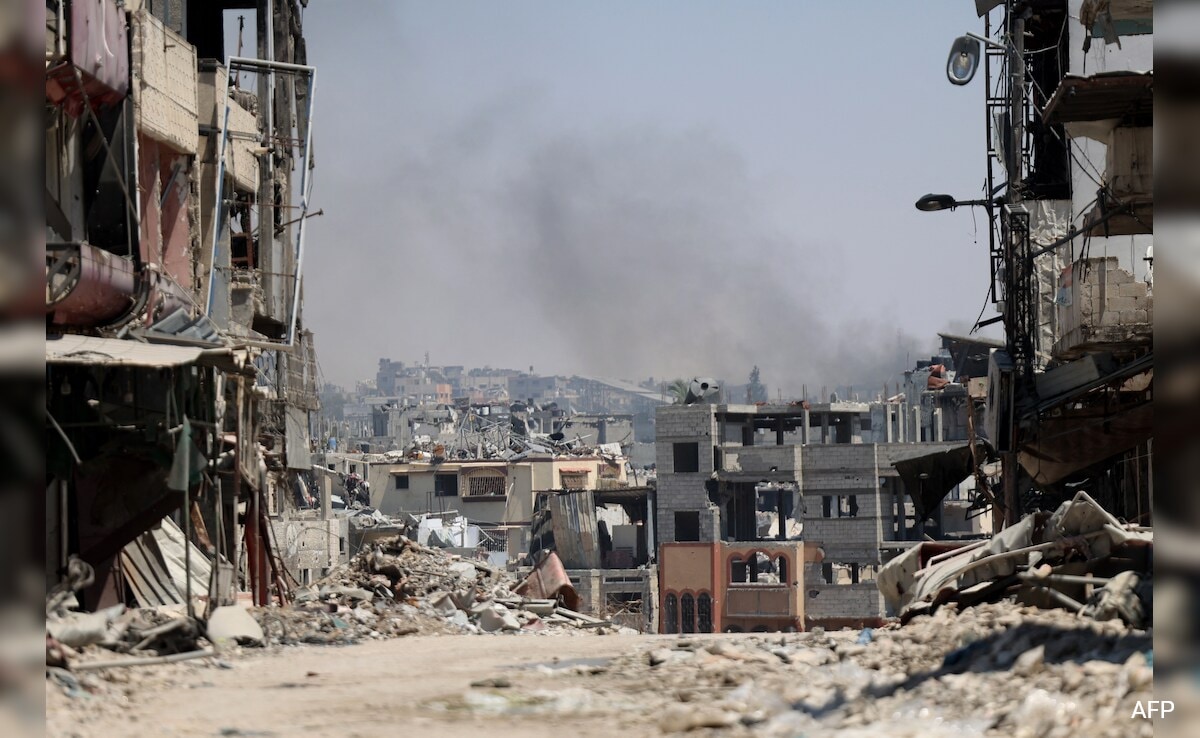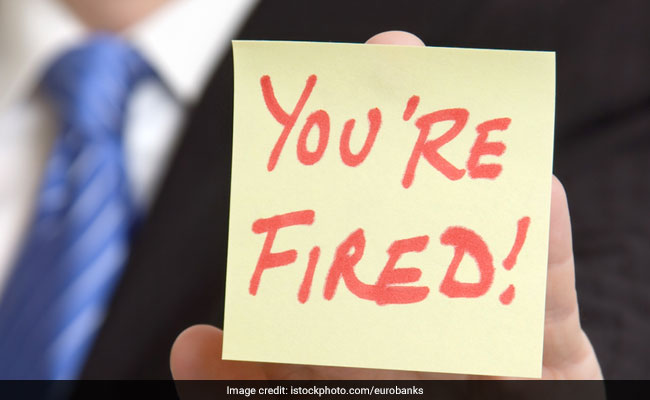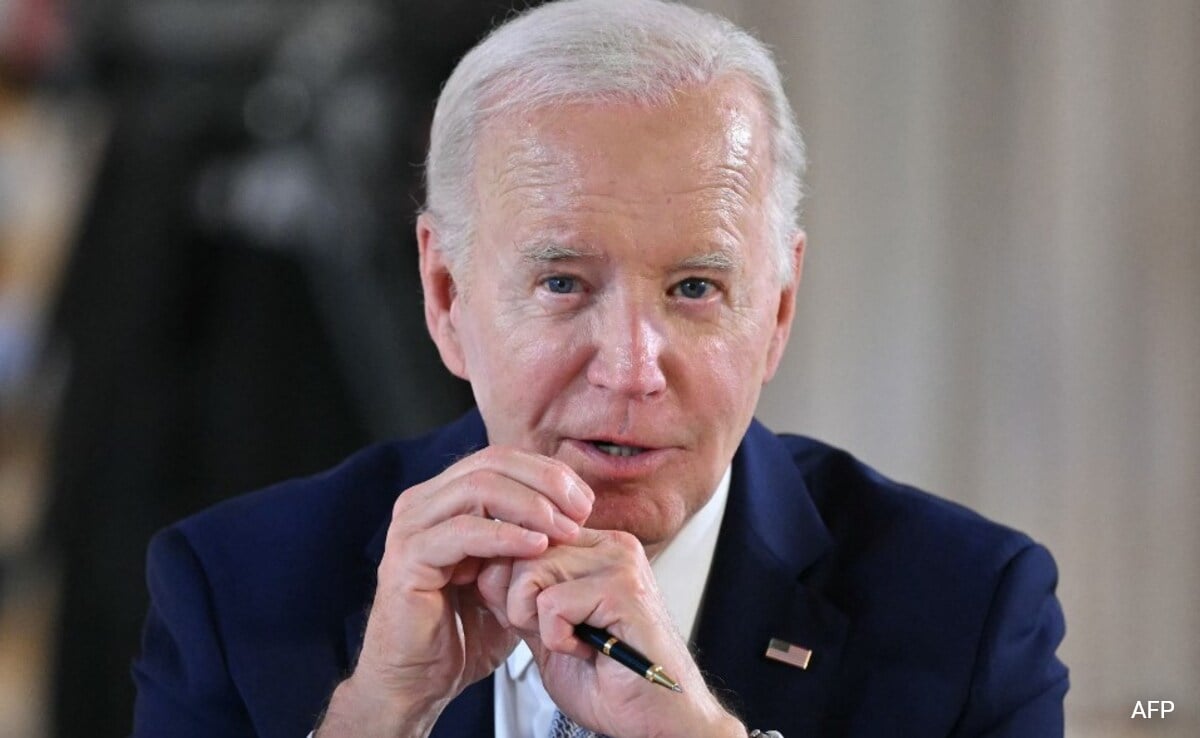Rajesh Agrawal, former Deputy Mayor of London for Business, is the Labour Party’s candidate for Leicester East, a constituency in the East Midlands. Mr. Agrawal, who is fluent in Hindi, was born in Madhya Pradesh and grew up in India. Leicester is home to many British Indians as well as recent immigrants from India, and there are several political candidates of South Asian origin hoping to represent Leicester East in the U.K.’s parliament . The area witnessed clashes along religious lines in 2022.
What are the issues in your constituency and how are they different from what is being discussed at the national level?
The issues are very similar, frankly, up and down the country. But one particular thing in Leicester East is around unemployment and low wages, which then creates a double whammy with the rise in the cost of living. This is coming up on the doorsteps quite a lot. And that’s why my experience as the Deputy Mayor of London for Business and also as an entrepreneur… I’m getting ready to get stuck in, to get the economy going in Leicester East, creating new jobs, bringing investments, supporting the businesses here in Leicester East.
As well as that the issues around declining public services, people can’t get GP [ doctor ] appointments or dentist appointments, hospital appointments. All of that is a big issue. Then with regard to education, getting places in schools for children is very hard. And then, of course, Leicester East is in need of somebody who can bring different communities together. I’m very proud to have been the first Hindu Deputy Mayor of London working alongside the first Muslim, Mayor of London. And I want to work towards bringing all the communities in Leicester together.
Two years ago there was some unusual trouble between the communities. Marco Longhi, the Conservative candidate in Dudley was recently criticized for trying to rake up things. And there was also some news of some affiliated with the RSS and BJP stirring up trouble two years ago. Have things settled? Are you seeing any of that this year?
Leicester has been a beacon of multicultural society for decades, people of different faiths and different ethnic backgrounds have all lived together. Of course, there were some challenges recently and that’s why there’s a strong will from communities – all different communities – to actually come together. It’s work in progress. Of course, you know, we have to continually work at it. We should never take anything for granted.
Are you noticing anything from overseas such as, say political parties in India, and specifically, BJP RSS affiliates, acting in this election?
I haven’t seen anything. That is there’s absolutely no sign to suggest any of that. I’m very focused on my campaign, talking to people the 1000s of conversations that I’ve had all tend to be around local issues, frankly …employment, economy, public services, the NHS (National Health Service), those sort of things.
What activities are going on, in Leicester East, to keep the communities together?
There is dialogue. For example, women of Hindu and Muslim faiths meeting regularly. Teas organized, one to one cups of tea between people of different faiths, and so forth. So there are community initiatives that are taking place. I know there is a strong will in all communities to come together. It has to be community led, not political led.
How is immigration as an issue playing out in Leicester East? Is there a difference between first generation and others on the issue?
Leicester is a city of immigrants. It’s got great stories of people coming from different parts of the world, particularly from South Asia via East Africa or directly. They came here with nothing, many of them. They’ve worked very hard. They’ve lived together, they’ve done well in life. It’s an aspirational community. We are very proud to be a city of immigrants in that sense. But at the same time, 14 years of Tory government have failed to do enough to provide those jobs and opportunities to new arrivals and services that help them integrate in the new country.
There’s no doubt that we need to cut the net migration down, but the important thing is as people arrive in the country, it’s important that the infrastructure keeps up with it, in terms of the hospitals and the surgeries [doctors’ clinics] and schools and the transport and the housing and everything. And the government has actually failed to do that. So we are very proud of all the contributions that the immigrants have made, particularly those from the subcontinent, to Leicester.
By and large, Asians vote Labour. But you have the Sunak factor. How is that working in Leicester?
Ultimately the people of this country will vote on the issues that affect them on a day to day basis. And the fact of the matter is, we are stuck in this very poor economy, which is growing extremely slowly. There aren’t enough well-paying jobs. People can’t get GP appointments, dentistry appointments, hospital appointments. Children can’t get places in school. Class sizes have actually gone up. All of those issues are the main concerns for people across the country, including the British Indian community. So whilst it is a matter of pride that you’ve got a non-white, first person of Indian origin as the Prime Minister, the main thing is about the performance, which has been a huge let down.
What differentiates your candidacy from former MP Claudia Webbe (independent) or Keith Vaz (a longtime , erstwhile Labour MP, who is running again) ?
I’ve got a great track record. And not just as a first generation immigrant, like many people here in Leicester East I came to this country with very little. I’ve built up businesses, served as Deputy Mayor of London for Business, one of the most diverse and greatest cities in the world.
How have your beginnings in India and your background affected your politics and your desire to be in politics ?
So I was born and grew up in what you would describe as a lower middle class family, in India. My mother was a schoolteacher. My father was a mechanic in the irrigation department in the State of Madhya Pradesh. Very humble beginnings, but I had a good education. I went to a Catholic school in Indore and finished all my education and studied business. My first job full time job was actually selling website designing services for Rs. 5000 a month. I was in Chandigarh and in Mumbai. And then I got an opportunity to come to this country. I still remember when I first landed at Heathrow Airport [ in 2001], I’d never been on a plane before.
I was 24 years old, a young person. This country welcomed me with open arms and has given me so much. So for me, this is sort of about giving back to the society and to the community that has given me so much.
I’m also proud of the fact that I’ve done a great deal of work to try and connect my janmabhoomi (land of birth) with my karmabhoomi (land of work). When I first became London’s Deputy Mayor, India was the fourth largest investor in London. By the time I left, it was the largest investor in London. I opened three offices in India to promote trade and investment between the two countries.



